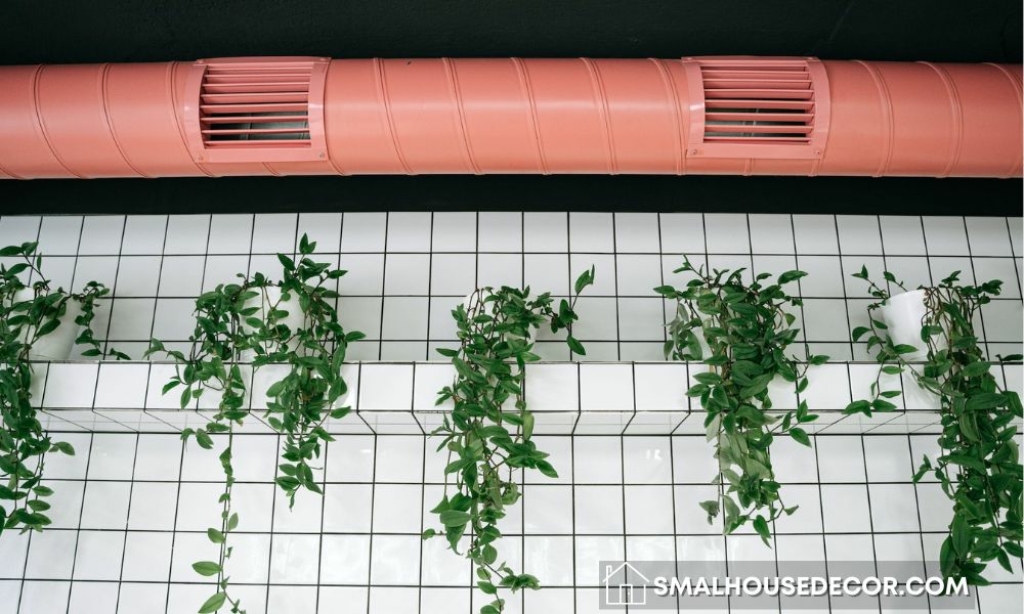Are you looking to upgrade your home’s HVAC system or simply want to learn more about how it works? Look no further! In this ultimate guide, we’ll cover everything you need to know about HVAC systems – from the different types available and their components to energy efficiency and cost considerations.
Plus, we’ll delve into the importance of indoor air quality and share tips for maintenance and upkeep. Whether you’re a homeowner or just curious about heating and cooling systems, this guide has got you covered.

Types of HVAC Systems
When it comes to HVAC systems, HVAC experts know that there are several types available, each suited for different needs. The classic split system consists of an outdoor condenser and an indoor evaporator coil. Alternatively, the packaged system combines all components into a single outdoor unit, ideal for limited indoor space.
For homes without existing ductwork, ductless mini-split systems offer flexibility. Geothermal systems utilize renewable energy from deep within the earth. Each type has its own pros and cons, so thorough research is recommended before investing in an HVAC system for your home.
Components and Functions
HVAC systems consist of various components that work together to regulate indoor temperature and air quality. The thermostat acts as the system’s brain, sending signals to the heating or cooling unit based on temperature settings. The unit generates hot or cold air as needed, while air filters play a crucial role in removing pollutants from indoor air. Regular maintenance and replacement of filters are essential for optimal performance.
Now, if you are just installing HVAC, hiring experts to deal with repairs or installations, whether from kandsac.com or a local HVAC contractor, is essential for the proper function of the HVAC systems. Ductwork distributes conditioned air throughout the home via vents, ensuring even temperature distribution. Condenser units, located outside, contain refrigerant coils that remove heat from indoors. Evaporator coils absorb heat when the system is in cooling mode. It’s important to note that repairs are best dealt with by professionals.
Maintenance and Upkeep
Regular maintenance, such as changing air filters, ensures improved indoor air quality and prevents costly repairs. Cleaning the evaporator coil and inspecting ductwork for leaks are also vital. Additionally, scheduling annual professional tune-ups allows for thorough checks on all components. By staying on top of maintenance tasks and ensuring system efficiency, you can enjoy reliable comfort and save on energy costs over time.
Furthermore, regular maintenance not only optimizes the performance of your HVAC system but also extends its lifespan. Taking the time to clean and maintain the condenser unit, which is typically located outdoors, is important to ensure proper heat dissipation and prevent debris buildup. It’s also recommended to keep the surrounding area clear of obstructions to promote adequate airflow. Additionally, monitoring and adjusting the thermostat settings based on your occupancy patterns and seasonal changes can contribute to energy savings and overall system efficiency.
Energy Efficiency
Achieving energy efficiency is crucial for HVAC systems as homeowners seek to reduce costs and minimize their environmental impact. Key factors include insulation, sealed ductwork, clean air filters, and programmable thermostats. Proper insulation ensures temperature control, while sealed ducts prevent air loss.
Regularly replacing air filters improves airflow, and programmable thermostats optimize temperature settings. Additionally, scheduling professional maintenance checks ensures system efficiency. These measures result in lower utility bills, enhanced indoor comfort, and reduced greenhouse gas emissions, aligning with environmental conservation efforts.
Indoor Air Quality
Indoor air quality is a vital consideration for HVAC systems as it directly impacts health and well-being. To ensure clean air, regular air filter replacement is crucial, especially for those with allergies or pets. Adequate ventilation, achieved by opening windows and doors, helps remove pollutants and odors.
Opting for natural cleaning solutions minimizes chemical impact. Regular maintenance by HVAC professionals detects potential issues, enhancing both comfort and safety at home or work. By prioritizing indoor air quality, you can mitigate health risks and create a healthier living or working environment.
Also Read: 6 Telltale Signals That Your Home Air Conditioning Needs Service
Cost Considerations
The type of system chosen, such as central air conditioning or ducted heating, impacts the initial expense. Energy efficiency is also crucial, as high-efficiency units may have a higher upfront cost but lead to long-term savings on utility bills. Maintenance and repairs should be factored in, as regular upkeep can prevent costly breakdowns.
Additionally, installation costs vary, so it’s important to gather estimates from reputable contractors. By carefully considering these factors, homeowners can make an informed decision that balances comfort and budget requirements.
Final Words
In conclusion, whether you’re looking to upgrade your home’s HVAC system or simply want to learn more about how it works, this ultimate guide has provided you with comprehensive information. We covered a wide range of topics, including the different types of HVAC systems, their components and functions, maintenance and upkeep tips, energy efficiency considerations, the importance of indoor air quality, and cost factors to consider.
By implementing the knowledge gained from this guide, you can make informed decisions to enhance your home’s comfort, energy efficiency, and indoor air quality. So take a moment to sit back, relax, and apply what you’ve learned to optimize your HVAC system.